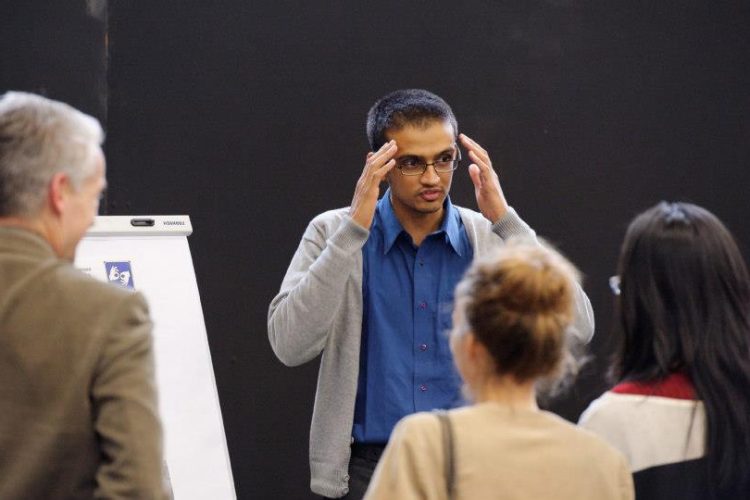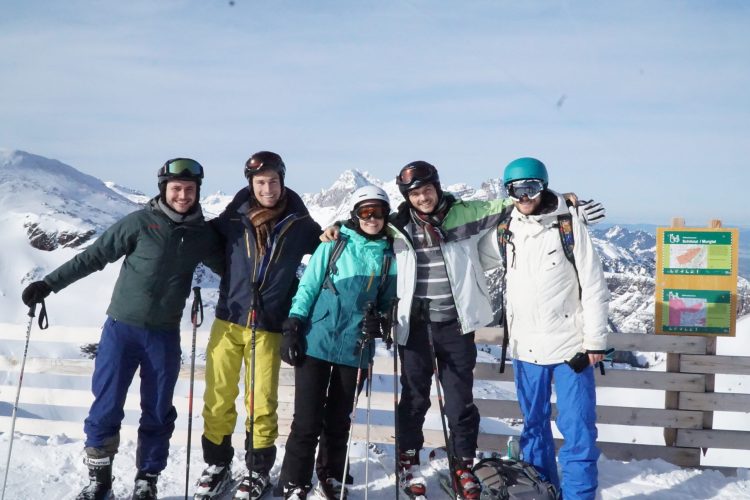As part of the CBS Green Week 2016, Accenture will give a two-section workshop in Copenhagen. See more information on the Green Week here and join!
““How to feed the world?” is a question that we do not give enough attention to the global issues that our generation will bear on our shoulders. After one...
Students are predictably naive and candid, their outlook guileless and discernible. We as students often dwelled on ideas, which would appear rather impertinent. Our beginnings are difficult to trace...
13 happy oikos alumni went to Flumserberg, Switzerland, on the 6th of February 2016 to enjoy a sunny day in the snow. To our knowledge, it was the first...
- 1
- 2



